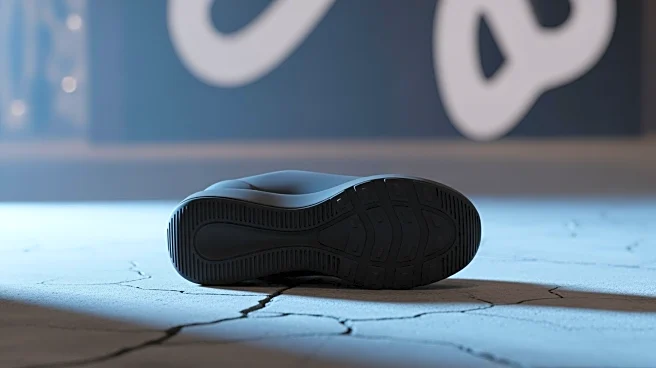What's Happening?
Bed retailer Dreams has finalized the acquisition of its head office, Bedquarters, located in High Wycombe, from its founder Mike Clare. This strategic move underscores Dreams' financial robustness and
dedication to long-term growth. Bedquarters has served as the company's headquarters since 2004, accommodating over 250 staff members across various departments including corporate, finance, marketing, and merchandising. The acquisition, completed in July 2025, is part of Dreams' broader strategy to reinvest profits into infrastructure and support sustained growth. Alongside Bedquarters, Dreams operates a manufacturing hub at its Bed Factory in Oldbury, West Midlands, where it produces over 1,900 products daily.
Why It's Important?
The acquisition of Bedquarters is significant as it provides Dreams with greater stability and certainty, ensuring the company remains anchored in High Wycombe, a community it has been part of for over four decades. This move is expected to bolster Dreams' ability to invest in its workforce, craftsmanship, and customer service, thereby enhancing its competitive edge in the retail market. By securing ownership of its headquarters, Dreams can better manage operational costs and focus on strategic growth initiatives, which could lead to increased market share and profitability.
What's Next?
Dreams is likely to continue its strategy of reinvesting profits into strengthening its infrastructure and supporting long-term growth. The company may explore further expansion opportunities, both in terms of product offerings and geographical presence. Stakeholders, including employees and local communities, can anticipate continued investment in the High Wycombe area, potentially leading to job creation and economic development. The acquisition may also prompt other retailers to consider similar strategies to secure their operational bases and enhance growth prospects.
Beyond the Headlines
The acquisition of Bedquarters by Dreams highlights the importance of strategic asset ownership in the retail industry. Owning key infrastructure can provide companies with greater control over their operations and reduce dependency on external factors. This move may inspire other businesses to evaluate their asset portfolios and consider similar acquisitions to strengthen their market position. Additionally, the focus on reinvesting profits into infrastructure reflects a growing trend among retailers to prioritize long-term sustainability over short-term gains.










